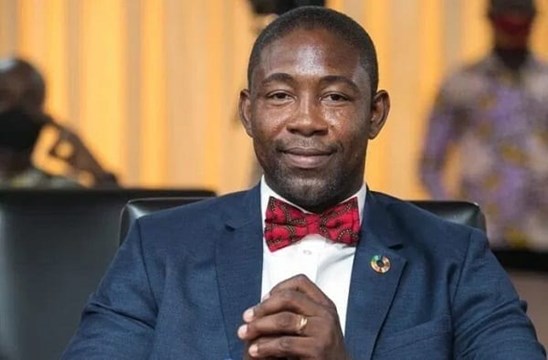A Professor of Food Science at the University of Cape Coast (UCC), Mrs Sarah Darkwa, has reiterated the importance of healthy diets, good exercise regime and stress management in the prevention and management of diabetes in individuals.
She also called for increased public education, family support and good health care services for persons living with the disease.
Speaking at her inaugural lecture at the Ghana Academy of Arts and Sciences (GAAS) in Accra, she said diabetes could be prevented by “being conscious of what we eat and how much we eat”.
Delving into the topic: “Blood Sugar — A Social and Scientific Discourse on its Impact on Our Health”, the Dean of the School of Graduate Studies (UCC) indicated that being diabetic “is not a death sentence”, and that the “right attitude and lifestyle,” could help persons with the disease “live normal lives and live longer”.
Due to the increasing rate of Type 2 diabetes in the country and its adverse effects, Prof Darkwa encouraged individuals to regularly check sugar levels and maintain healthy lifestyles.
“There are several people walking around who have diabetics, but do not know because, whether fortunately or unfortunately, they do not yet show the symptoms. So, the best way is to have yourself checked,” she stated.
Highlighting the scientific and social perspectives on blood sugar, Prof Darkwa, also the Vice President of the Ghana Association for Food Scientists and Technologists, explained that foods and fruits had different levels of glucose and hence must be consumed in “moderation”.
Expressing concern over the incidence of diabetes, Prof Darkwa said people should stop being “judgmental or discriminatory” against persons with diabetes, and rather provide the needed support.
She noted that there were various causes of diabetes so it would be “unfair” to discriminate against individuals with the disease, adding that people with diabetes “are sensitive to language and do not want to be referred to as diabetic”.
The Food Scientist observed that people living with diabetes had limited options choosing from carbohydrate foods, but could now “eat everything in moderation,” especially some local foods which contain low levels of glucose.
“Diabetes could be life changing moment for those who get it, but once you manage the disease well, you can live a normal life for a long time.”
“It is an expensive disease, and we must all join the dialogue to help prevent and mange it,” she said, and urged the media to demystify the disease.
Ending the presentation, the Fulbright Scholar and Australian Leadership Award Fellow acknowledged professors, who nominated her to the Ghana Academy of Arts and Sciences as well as colleagues, students, sponsors, and family who continued to provide support in diverse ways.
Emerita Professor Isabella Akyinbah Quakyi, Vice President, Science Section, GAAS, who chaired the forum, described the session as “scholarly, educative, and impactful,” urging citizens to take a cue and make lifestyle adjustments to reduce the risk of diabetes.
A team from the School of Graduate Studies, UCC, the Vocational and Technical Education Department (VOTEC) as well as family members made presentations to Professor Darkwa for her remarkable progress and impact over the years.
In attendance was Prof. George Obeng-Adjei, Assistant Honorary Secretary, Science Section, GAAS, and students from Accra Academy and Ghanata Senior High School.
Source: GNA








